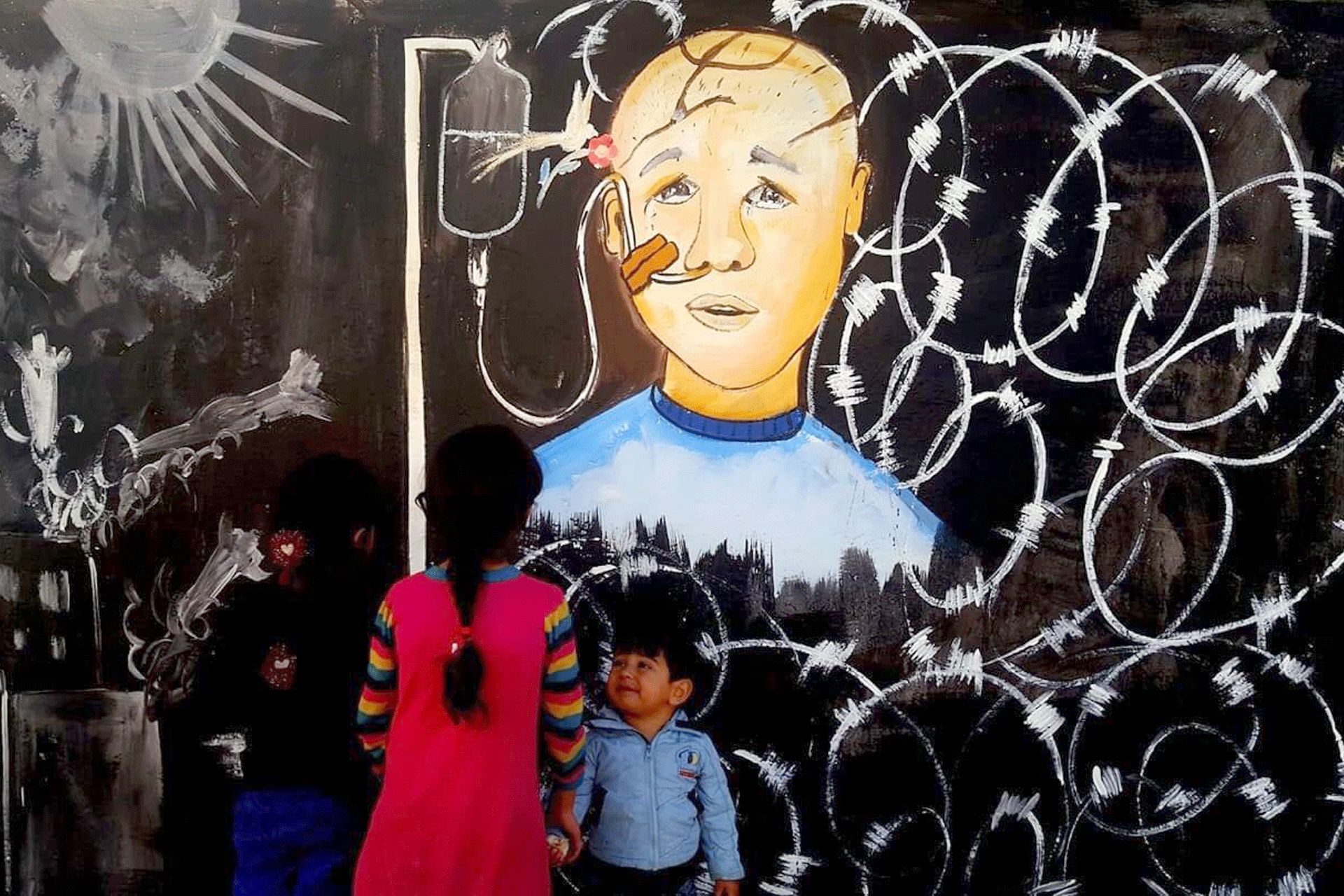Activists on Twitter have launched a campaign to save 1,000 cases of cancer, heart, and other diseases by bringing patients from Idleb to Turkey for treatment. The campaign started because most people in northern Syria cannot meet the high cost of treatment through the Bab al-Hawa crossing, the humanitarian crossing through which patients can be brought to Turkey.
A campaign statement noted that hundreds of patients in Idleb have reached critical conditions and advanced stages of the disease. This occurred because they have been prevented from receiving treatment in Turkish hospitals, which no longer allow them to enter. Those stopped include 1,000 patients who needed to enter Turkey for direct treatment, some of whom have the “Kimlik” temporary protection card. Instead, authorities replaced the Kimlik card with a medical tourism form, which requires that the patient meet treatment costs, under the new Turkish decision.
Activists claimed that there are 350 cancer patients, 400 heart surgery patients, and 250 patients requiring neurological surgery in Idleb and its surroundings. These figures do not include those suffering from war injuries or other terminal diseases.
Read Also: Turkey Sends Massive Military Reinforcements to Syria
A few days ago, the Medical Coordination Office in Bab al-Hawa, north of Idleb, stopped issuing patient referrals to Turkey until a new Turkish “health system” for Syrian patients begins to operate.
The crossing published a statement saying that “the Turkish side has stopped granting the previous documents, which consisted of a temporary protection card (Kimlik in Turkish). Now, they have started to grant a new medical tourism document to Syrians, based on an unclear system.”
According to statistics from Bab al-Hawa’s media office (as reported by Al-Hurra), 6,000 medical cases crossed into Turkey from the beginning of this year until September 28, 2021. From these patients, about 1,350 had cancer, a number added to the 1,800 cases that had entered Turkey for treatment last year.
This article was translated and edited by The Syrian Observer. The Syrian Observer has not verified the content of this story. Responsibility for the information and views set out in this article lies entirely with the author.


